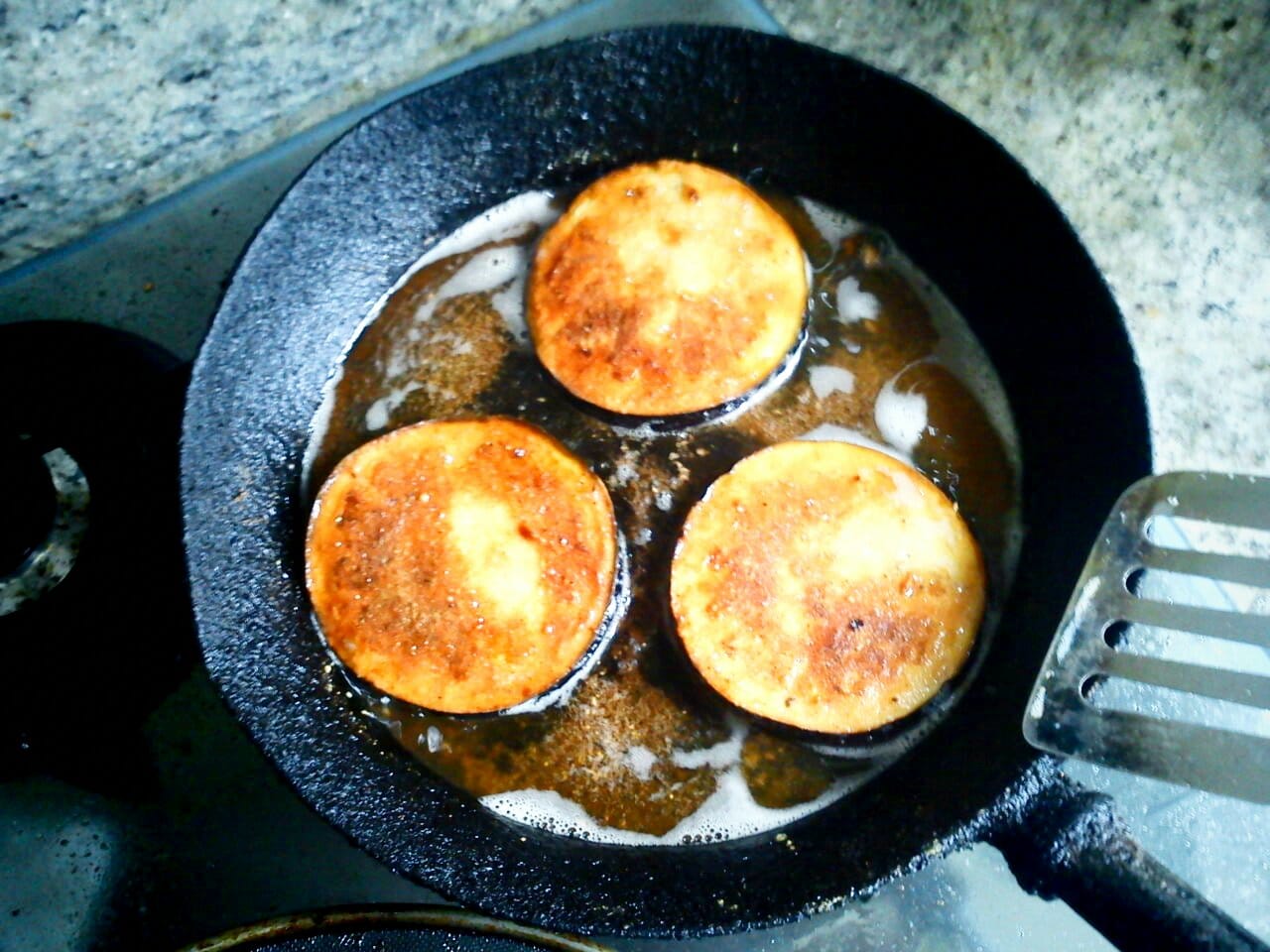A study by researchers at the University of Granada has found that vegetables deep-fried in extra virgin olive oil have a higher healthy phenol content and antioxidant capacity than their boiled or raw counterparts.
The research, published in Food Chemistry, aimed to discover what effect a variety of cooking methods had on the health benefits of a range of veg often eaten in a Mediterranean diet: potato, tomato, eggplant and pumpkin.
During the study, the vegetables were deep fried, sautéed, and boiled in extra virgin olive oil, water, and a water/oil mixture.
The researchers found that the vegetables prepared with extra virgin olive oil contained phenols not identified in the raw forms and that they were enriched with extra virgin olive oil phenols which were transferred from the oil.
In addition, the antioxidant capacity of the foodstuffs increased more when prepared only in oil, and putting oil in the cooking water was found not to increase the antioxidant capacity of the vegetables.
Professor Cristina Samaniego Sanchez, co-author of the research paper and a professor at the university, commented: “We can confirm that frying is the method that produces the greatest associated increases in the phenolic fraction, which means an improvement in the cooking process although it increases the energy density by means of the absorbed oil.
“When the phenolic content of the raw vegetable is high, the total content of phenols is increased even more if extra virgin olive oil is used in the process, and boiling doesn’t affect the final concentration.
“Therefore, we must stress that frying and sautéing conserve and enhance the phenolic composition.
“Hydrothermal cooking methods can be recommended when the food is consumed together with the cooking water, as the addition of extra virgin olive oil improves the phenolic profile and compensates for the deficiencies of the raw food.”





